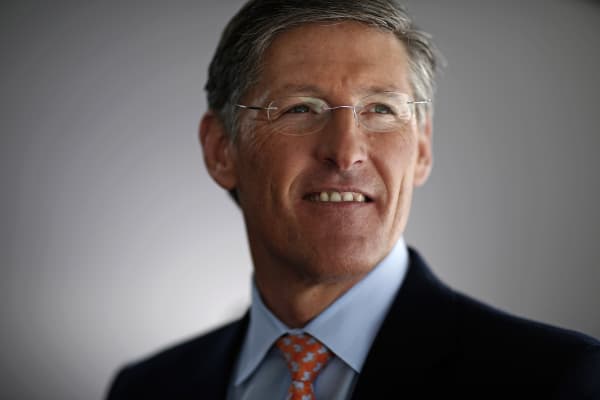I started my career in investment banking in 1997, following the path of least resistance from the Ivy League to Wall Street. Though the work was interesting and exciting, I knew I wasn't in it for the long haul. I looked at executives 10 years my senior and realized the life I wanted for myself was very different; I wanted something that the banking industry couldn't offer. At least, not back then.
I recently connected with Mike Corbat, chief executive officer of Citigroup – an institution with 204-year-old roots in the finance industry. When you think old-school banking, you think big marble and walnut monoliths with suspender-wearing financiers and corner offices with skyline views. You think Gordon Gekko, smoke-filled trading floors and workaholics. While some of these stereotypes have gone out of style (offices are now nonsmoking, and no one really wears suspenders), there remain a few preconceived notions about the finance industry. Which is why, on my visit to meet with Mike at Citigroup's New York offices, I was totally blown away.
Open spaces with bright, clean lines. No corner offices. No doors, even. This couldn't possibly be a bank; it looked more like Zillow Group's dotcom-esque headquarters in Seattle. The space, Mike explained, was meant to embody what the company stands for: removing friction from its customers' everyday lives. As a global business whose No. 1 need is speed to decision, Mike's job as CEO is to make that ever easier for employees. Doors are friction, he explained; they delay decision-making by tying up deliverables, untouchable on someone's desk. Mike passionately explained that a company's physical space should reinforce the company's cultural values. He sounded more like a start-up CEO than the CEO of a company with a $130 billion market cap.



